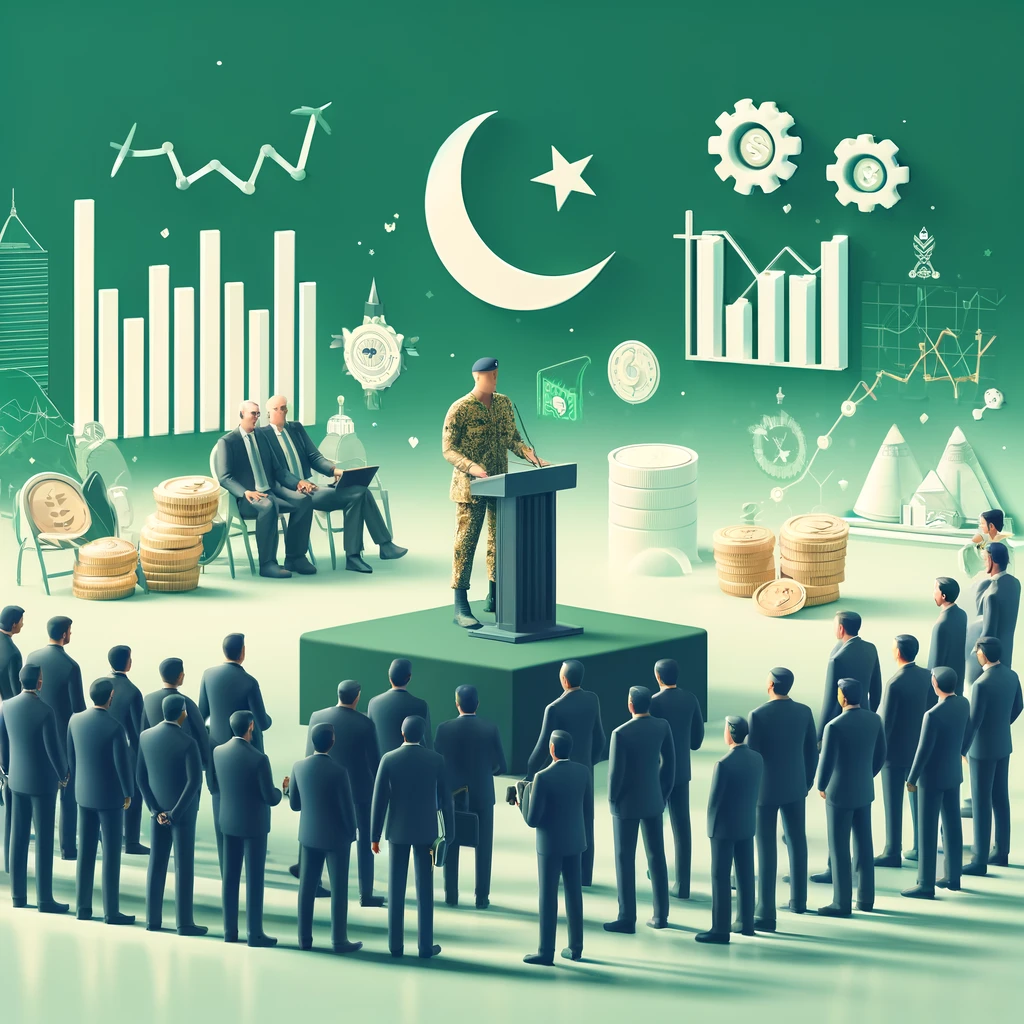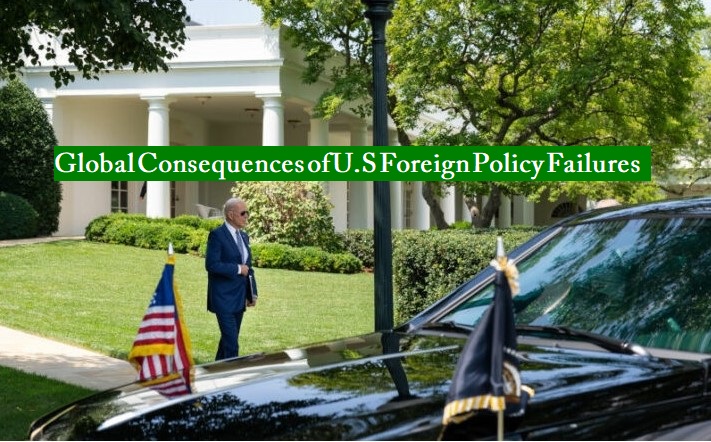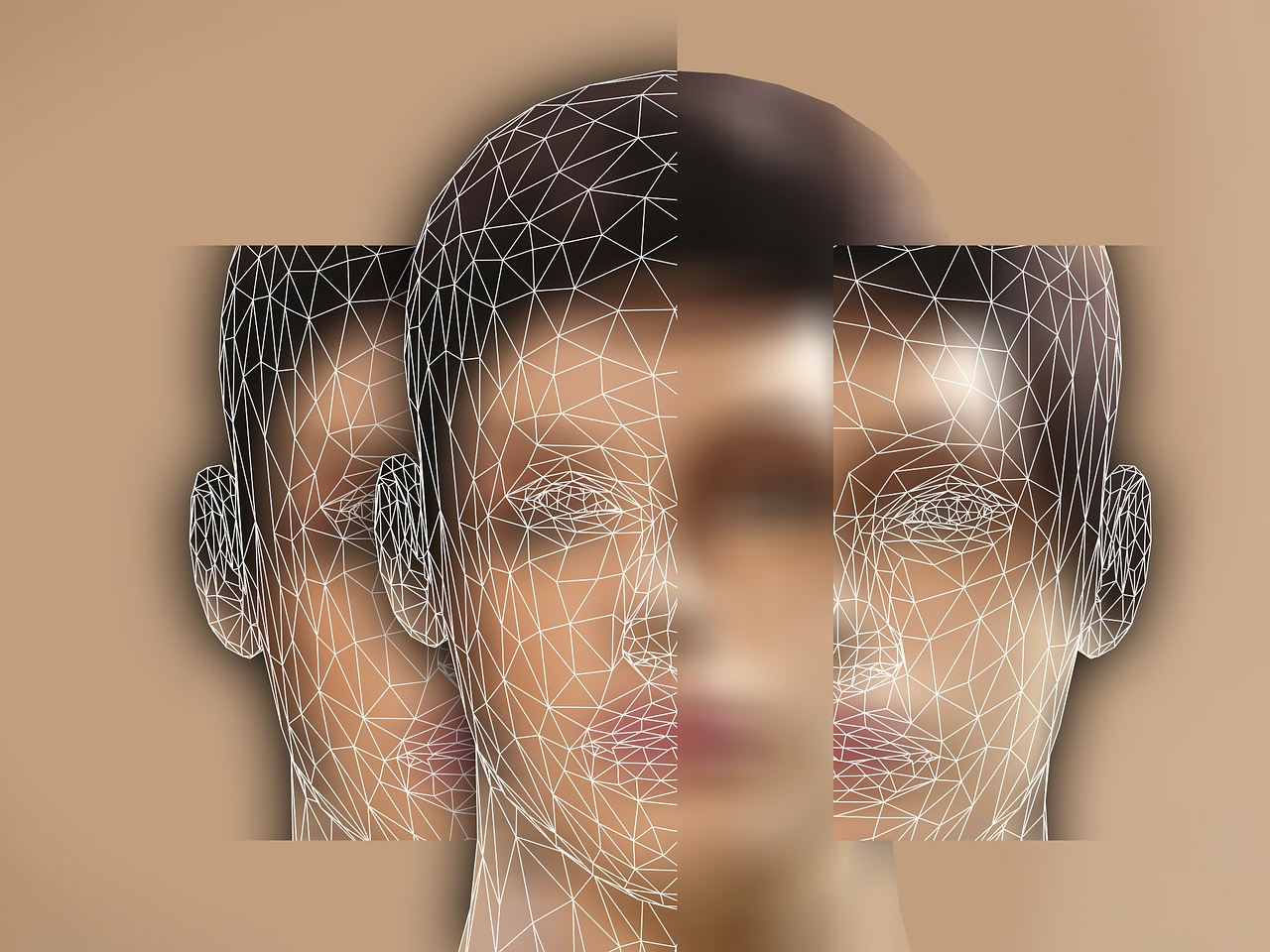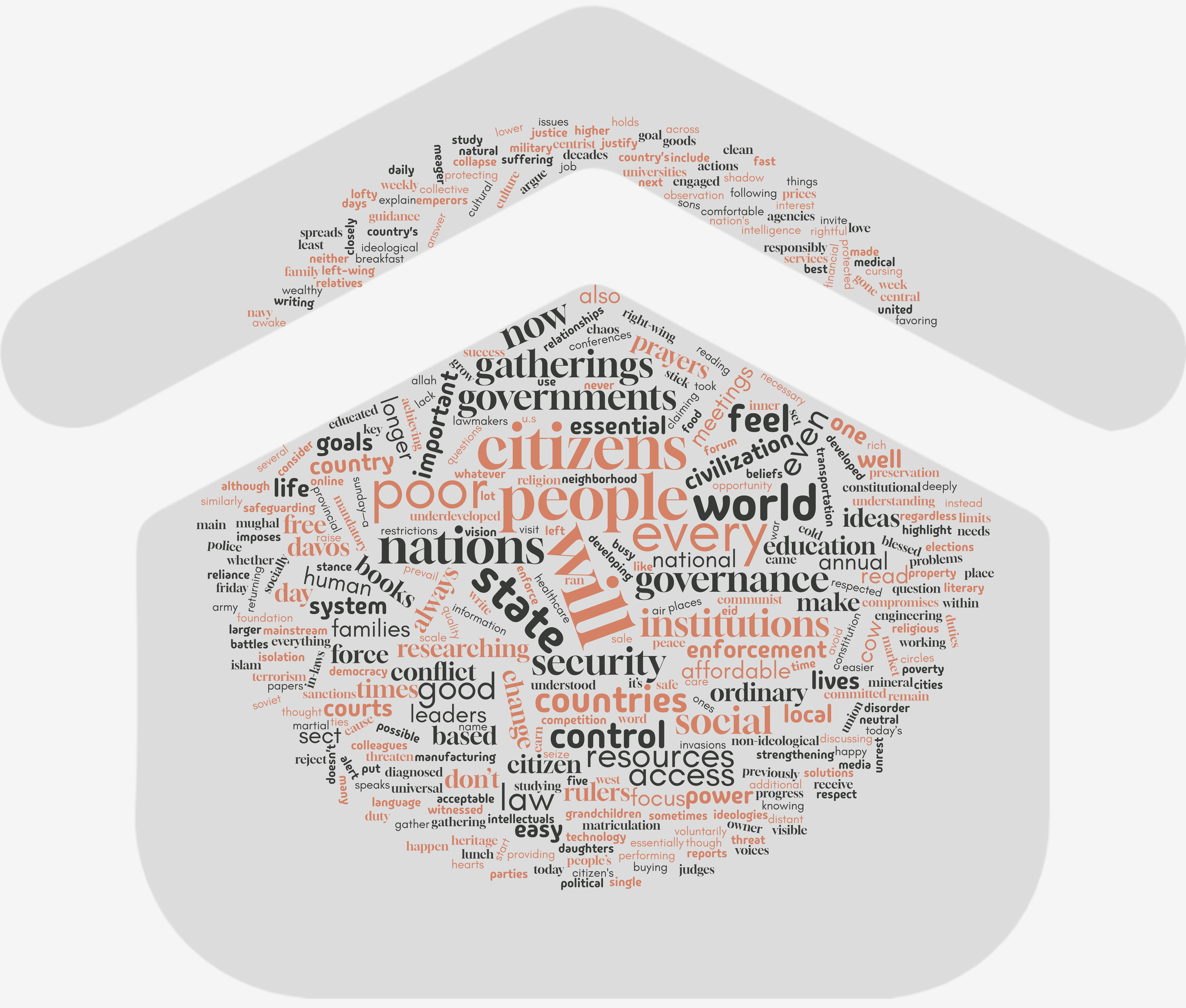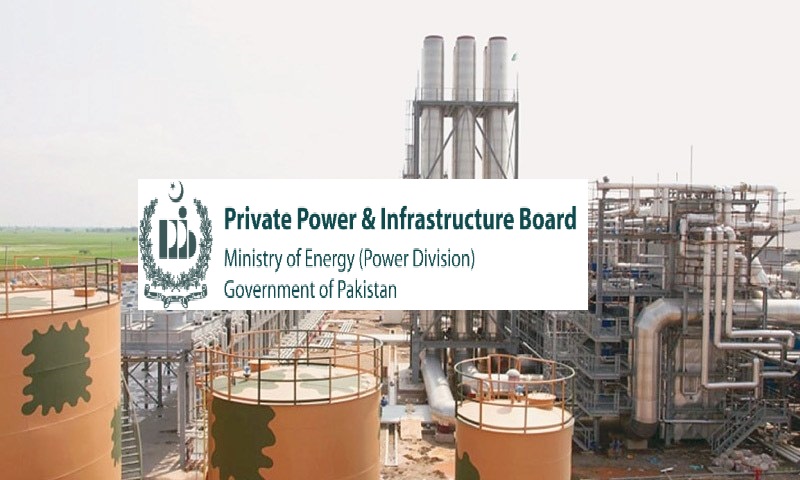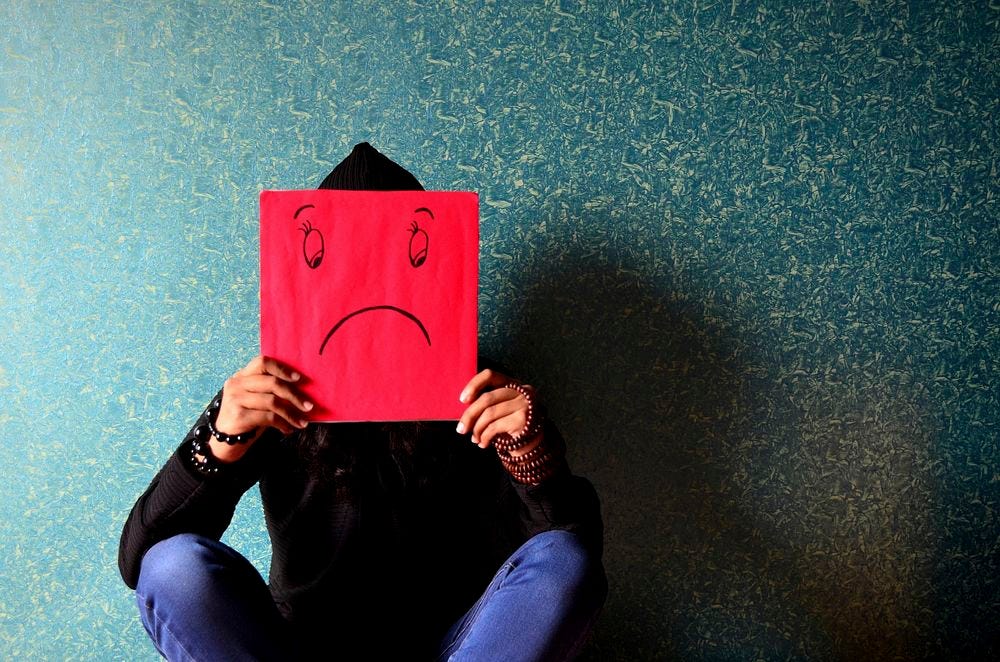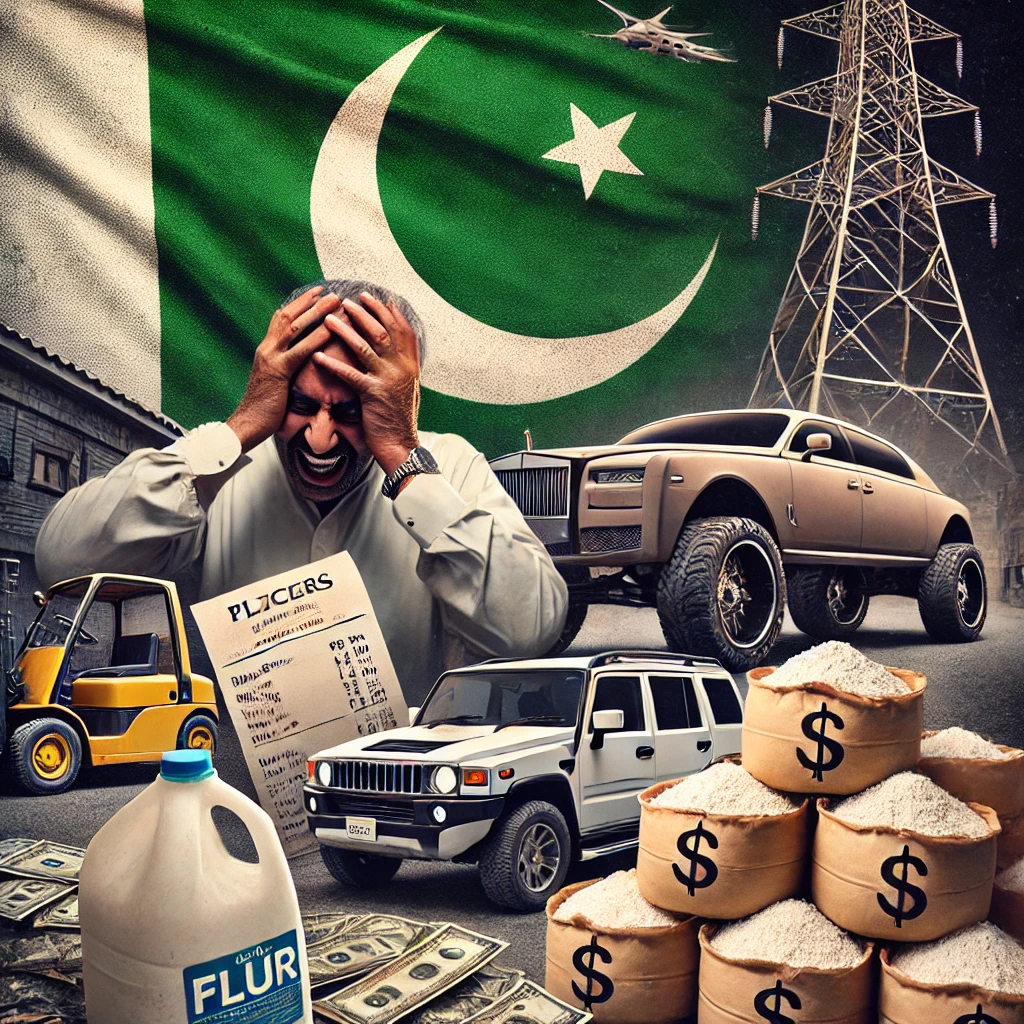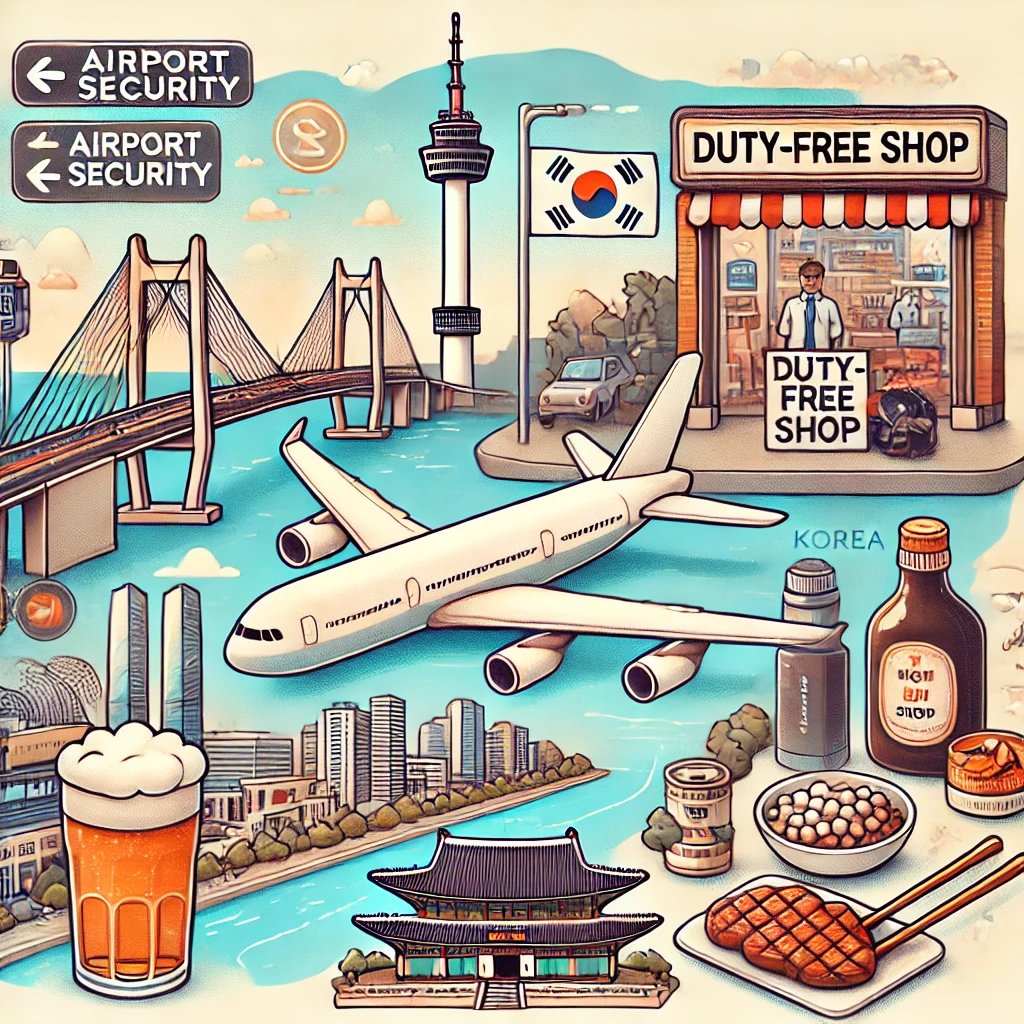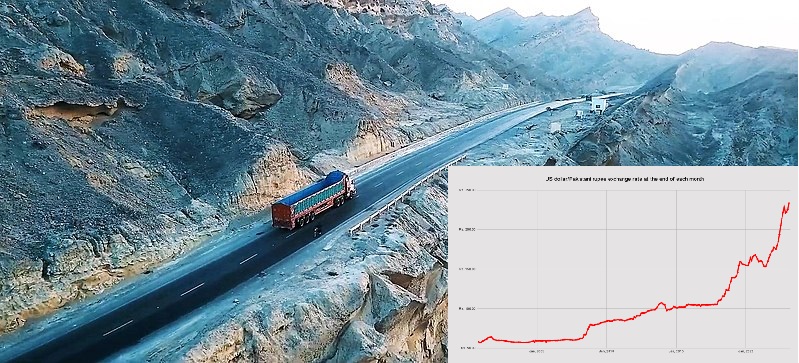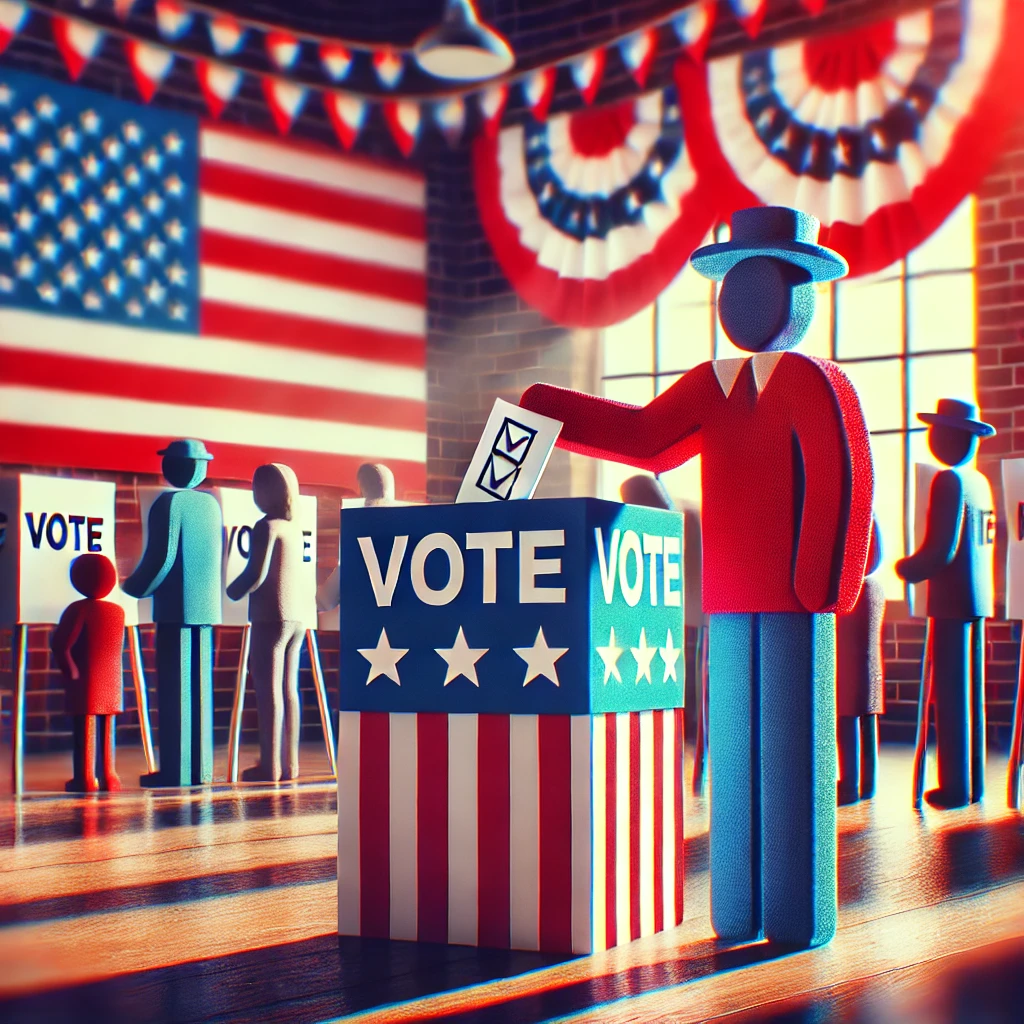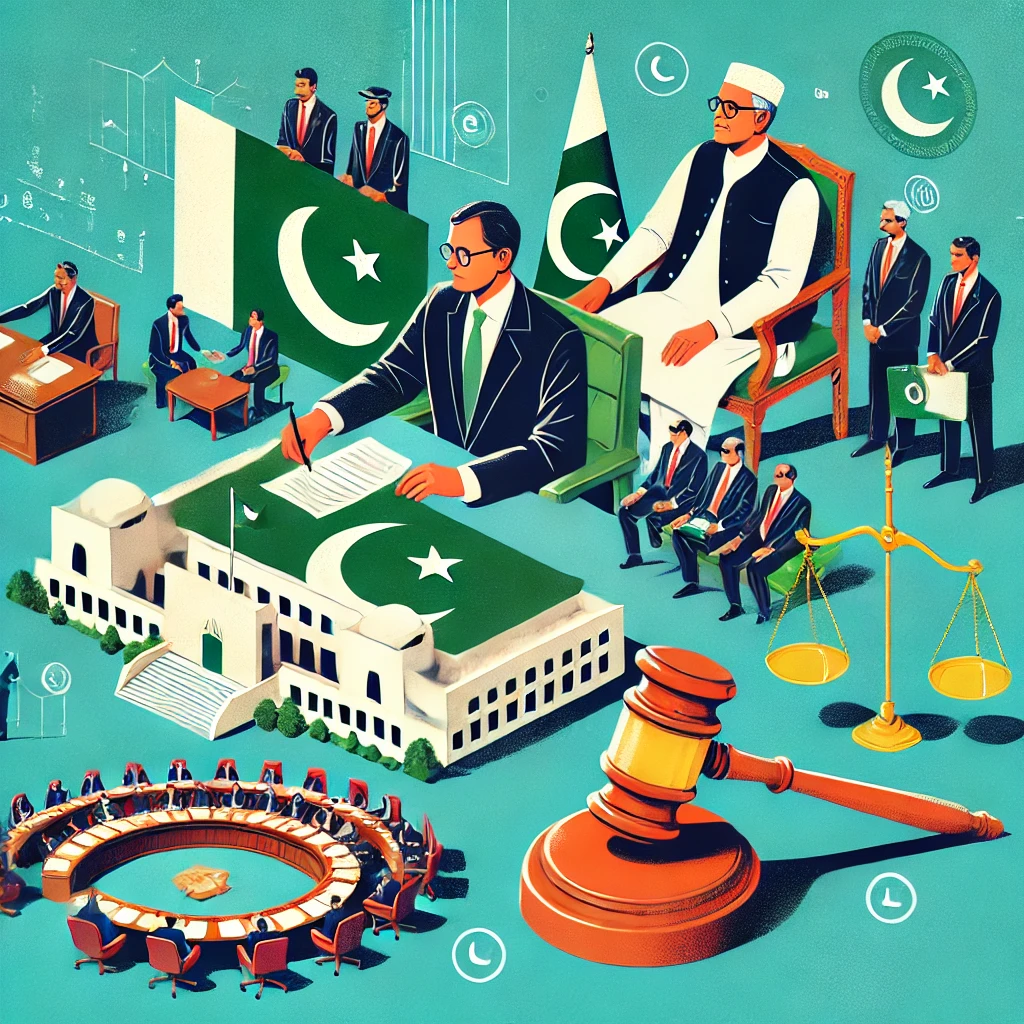
How Responsible Citizenship and Collective Action Drive National Progress In Pakistan
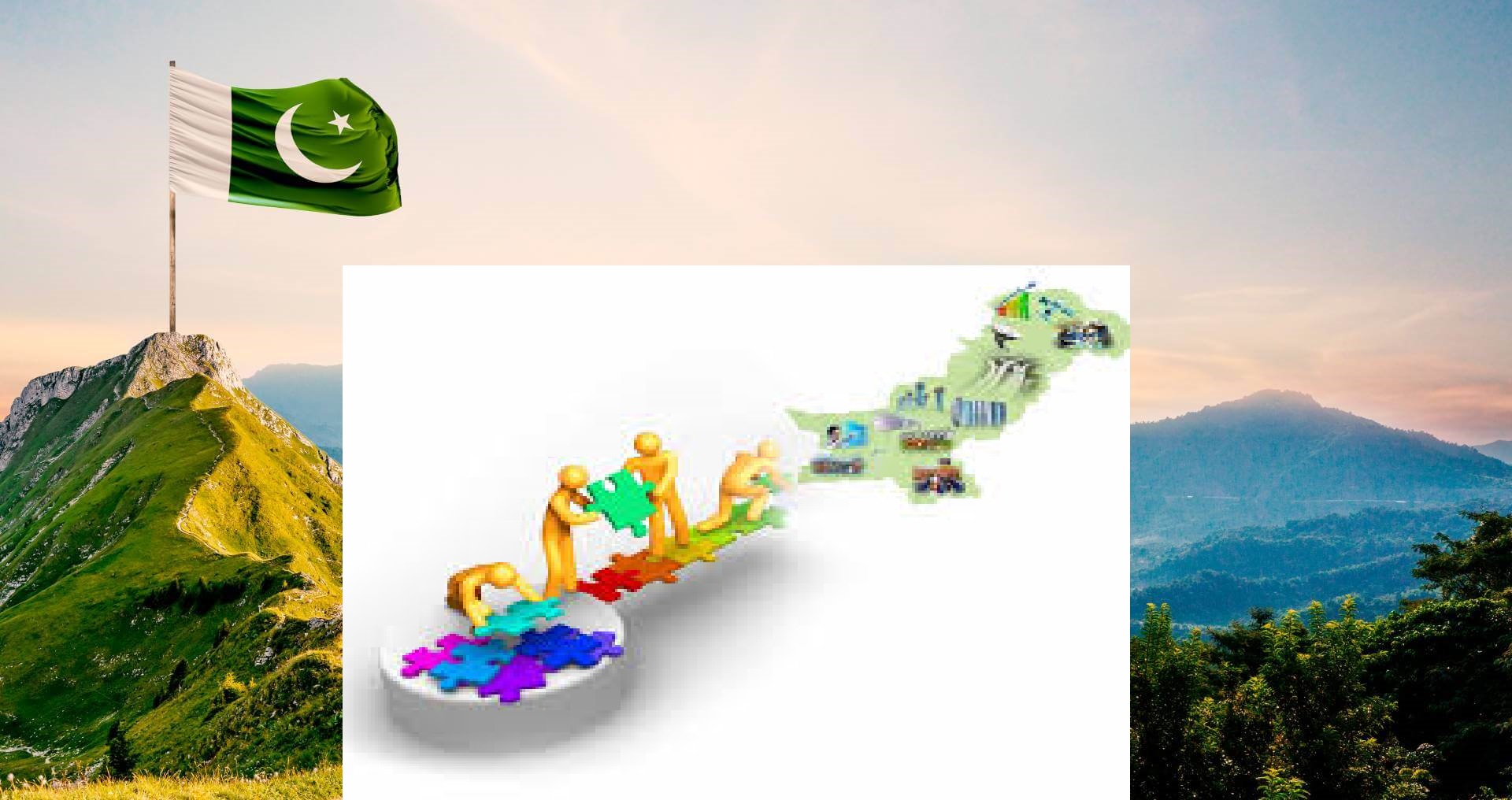
There are many issues beyond politics that keep us from progressing, including a lack of discipline. Take sleep management, for example. It's not the job of the Pakistan Muslim League-Nawaz (PML-N) to lull us to sleep, nor is it the responsibility of Pakistan Tehreek-e-Insaf (PTI) to wake everyone up with a tickle. In the West, people follow schedules and make the most of daylight; staying up all night or having shops open late is uncommon.
We need to understand that we must approach time and challenges from both individual and collective perspectives. Former U.S. President Reagan said responsible citizenship and the defense of democracy uphold the traditions and values that make a nation great. In this sense, collective thinking is also an act of love.
When it comes to traffic management, the laziness and stubbornness are such that it seems as though we leave everything to God. The excessive use of mobile phones while driving, unfit vehicles, and overloading on modern motorways create deadly risks for everyone. Aren’t people themselves sharing death among each other? Is it only the traffic police and government institutions that are responsible? What happens on the motorways is visible every day on regular roads—a circus.
The average citizen is frustrated that despite paying heavy taxes for expensive services on motorways, the quality is so poor that it leads to deaths. The officials responsible, like the Assistant Commissioner (AC) and Deputy Commissioner (DC), should be held accountable. Recently, there were deaths on the M2 motorway due to poor-quality food. If that didn’t wake up the officials, then such officers are not needed. Although this is indirectly a government issue, the local aspect cannot be ignored.
If any government tries to remove those who illegally occupy public spaces and roads, it is immediately turned into a political issue of poverty, unemployment, and human rights violations. It’s important to learn from the times and circumstances. Former UN Secretary-General Kofi Annan once said that no one is born a good citizen, democrat, or leader—time and education shape them. But who will tell us that education is also an act of love?
Let’s not even talk about the management of hospitals—stories of rats in the parliament lodges rival those of bandits in rural areas. We can vouch for the reality of these stories. Killing rats in parliament is not the Prime Minister’s job; a large staff, including the Speaker and Deputy Speaker, has been tasked with it for the past three governments. If they can’t even deal with the rats in the lodges, what’s the harm in asking for help from the authorities? Forget the rats for a moment; we should reflect on an important point made by John F. Kennedy. He said, "My fellow citizens, ask not what your country can do for you—ask what you can do for your country."
Recently, our country has suffered from major traffic accidents, terrorist attacks in Balochistan and Khyber Pakhtunkhwa, and bandit rule in rural areas. Just like inflation and lawlessness, the government is primarily responsible for these tragedies. However, blaming everything on the government doesn’t absolve the opposition, social and political leaders, bureaucrats, and intelligence agencies of their responsibilities.
For national development, it is as important for the opposition to be wise as it is for the government to be sensible. The public can more easily reach the opposition, which doesn't have the arrogance that governments often display. Therefore, the opposition and the public can together push for better demands and actions. If the opposition is solely focused on gaining power, and the government is on a path to dictatorship, the public is left with nothing but deception. On both sides, it's a form of betrayal. And avoiding betrayal is also an act of love.
Aristotle once said that it's not necessary for a good man to always be a good citizen. He may have said this in the context of different challenges of different times, but it's generally true that bad people can often outvote good character. Thus, being a good citizen along with having good character is a broad spectrum of goodness.
Closer observation tells us that a good citizen is more beneficial than a good democrat or political activist. Individual progress and wisdom combine to create national development and intellect. Both the media and civil society should not merely be factories of criticism—they must also contribute to the nation’s growth. Only then can economic and social progress be achieved.
Inflation, theft, robbery, injustice, pandemics, fake medicines, incompetent police, corrupt bureaucrats, biased clerics or politicians, power-hungry vice-chancellors, untrained teachers, irresponsible media, landlords, industrialists who disregard human rights, and authoritarian politicians are termites that destroy any country. To get rid of such termites, the public, opposition, and government must come together. If there are responsible citizens, they will be part of all three, so the fundamental thing is to be a good and responsible citizen. Otherwise, the opposition will wield weapons, and the government will violate the constitution. Being in opposition doesn't mean abandoning responsibility in pursuit of power, and being in government doesn't mean forgetting human rights. Democracy is the other name for human rights—and that, too, is a form of love.
